When it comes to stories from the Bible, some details stand out because they’re almost hard to believe—like how long some characters lived. Take Noah, for example. How old was Noah when he died?
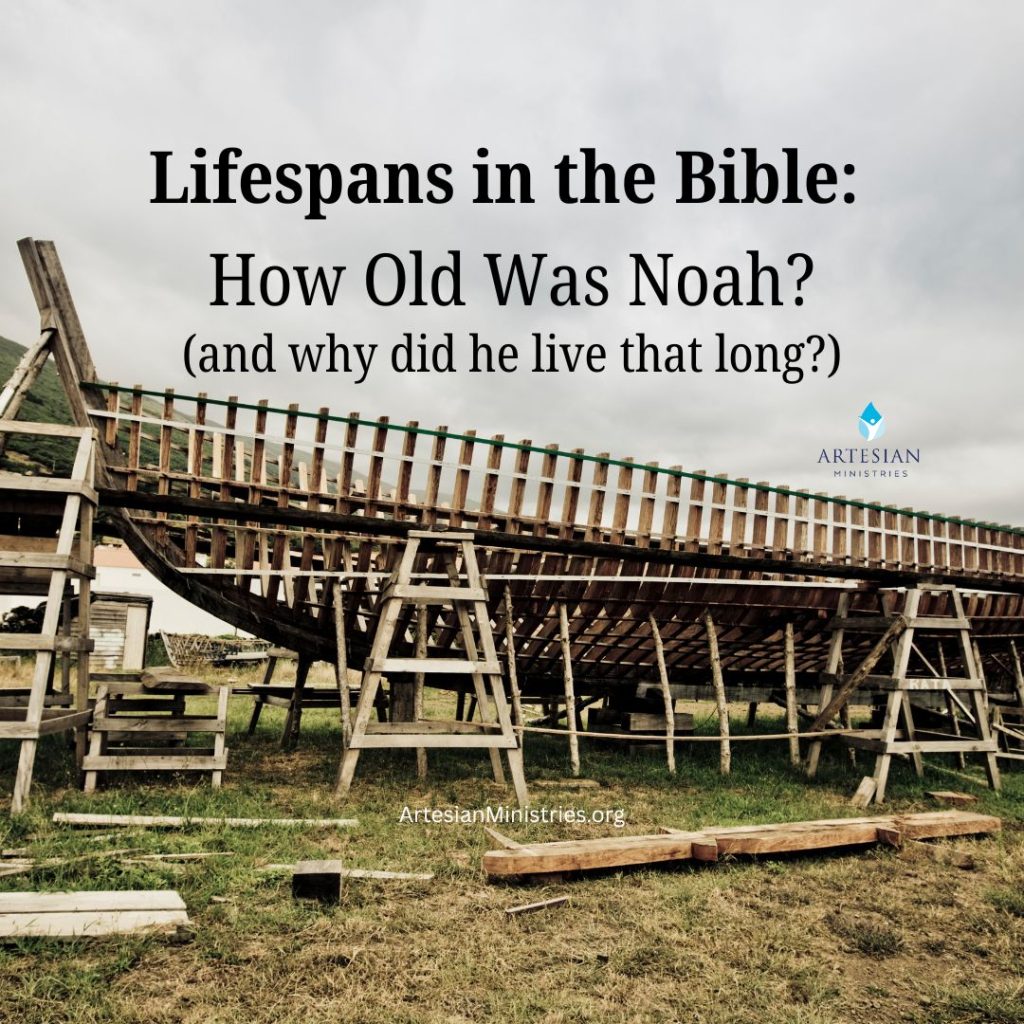
Table of Contents
- Noah’s Age in the Bible: A Closer Look
- The Interpretation of Biblical Ages
- Historical and Cultural Context Surrounding Noah
- What Noah’s Age Teaches Us Today
- Key Takeaways
Noah’s age at the time of his death was unusually long compared to typical lifespans today. Understanding how old Noah was when he died opens a window into the fascinating world of biblical ages and their meanings.
Let’s walk through the specifics of Noah’s age, unpacking biblical context and what that number might imply beyond just a number.
If this topic seems a bit dense or mystical at first, don’t worry—you’re not alone. Together, we’ll explore what the Bible says about the days of Noah, old age, and why it’s worthy of our attention.
Noah’s Age in the Bible: A Closer Look
Noah’s age at death is a specific figure mentioned in the Bible that has fascinated readers for centuries. The Bible offers precise ages for early patriarchs, and Noah’s 950 years stand out as an extraordinary milestone. Getting to know this number more deeply helps to appreciate the biblical narrative’s rich historical and theological layers.
When we talk about Noah’s age, it’s important to remember that biblical ages carry different meanings depending on the tradition and interpretation. They aren’t just statistics; they’re often symbolic or meant to highlight the special role that these figures played.
Related: Who Was the Wisest Man in the Bible?

The Exact Age Recorded
The Bible explicitly states in Genesis 9:29 that Noah lived to be 950 years old. This detail is not scattered or vague but clearly stated, showing the importance of Noah’s long life. It positions Noah far beyond the typical human lifespan we think of today and highlights his exceptional status in the biblical account.
This age occurs at the end of the flood story, after which Noah’s life represents a new beginning for humanity. The number 950 doesn’t come randomly but serves as a capstone to his story, marking a long, impactful life.
Accepting this stated age means stepping into a world where lifespans can be vastly different and often imbued with meaning beyond the literal reading.
Context of Long Lifespans in the Bible
Noah’s age fits into a broader pattern of extended lifespans among early biblical figures such as Methuselah, who is said to have lived 969 years. These ages often serve multiple purposes: they emphasize the grandeur of those early generations and create a temporal framework for the unfolding biblical narrative. The numbers may also reflect a way to show greatness in the eyes of the Lord or closeness to God.
Many scholars argue that these long lives were symbolic, representing wisdom, blessing, or other qualities rather than just physical age. By today’s standards, these ages challenge our usual understanding of time, pushing us to consider different perspectives or traditions behind the text. Whether literal or figurative, Noah’s 950 years carry weight within this context.
Related: How Tall and Big Were Giants in the Bible?
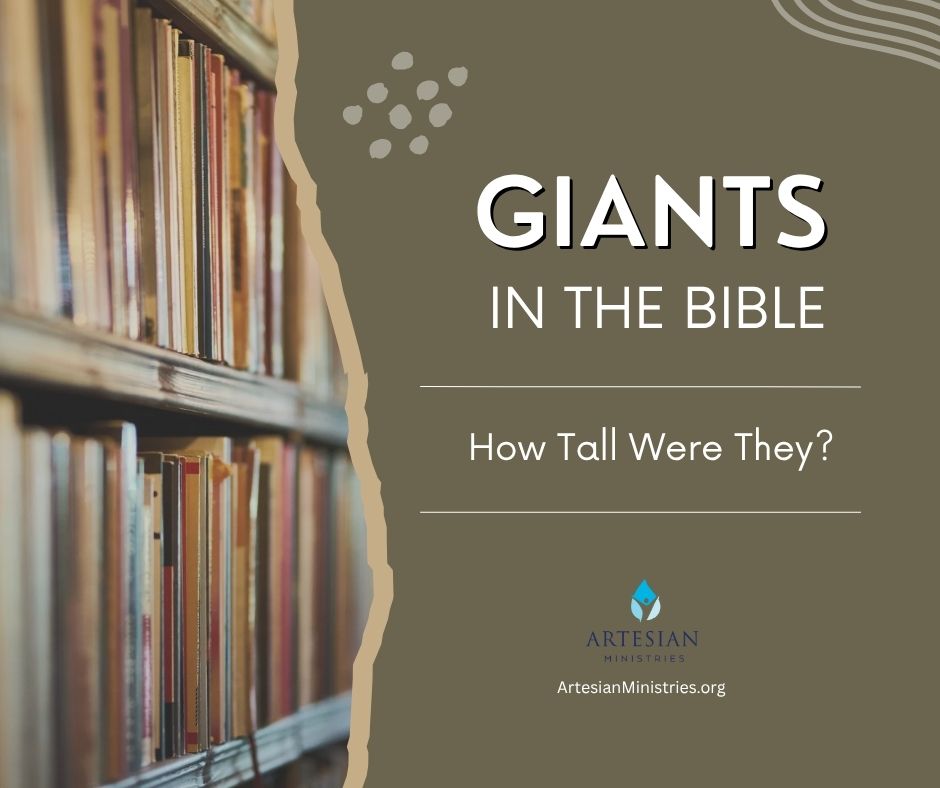
Literary and Theological Significance of Noah’s Age
Beyond just chronology, Noah’s long lifespan can be seen as a literary tool designed to highlight his role as a pivotal figure bridging pre-flood and post-flood humanity. His extended years symbolize endurance and the passing of an era. His life covers significant biblical events, making his age a kind of timeline marker.
Theologically, Noah’s survival of the flood and his long life after it underline themes of renewal and divine favor. The extended age hints at God’s ongoing covenant with humanity, reminding readers that Noah’s story holds lasting spiritual meaning. It invites readers to think about legacy, survival, and faith across generations.
Comparing Noah’s Age to Other Biblical Figures
To appreciate Noah’s 950 years fully, it helps to look at other longest-lived individuals. Methuselah, the oldest man mentioned in the Bible, lived 969 years, and Adam’s age is given as 930 years.
In this lineup, Noah’s age fits among the longer-lived but not the oldest person. This comparison paints a picture of a very different human experience in those early chapters of Genesis.
These ages contrast dramatically with post-flood biblical generations, where lifespans gradually shorten. The shift indicates a changing divine-human relationship or perhaps a narrative transition.
Noah’s age, placed right after the big flood event, serves as a historical anchor to identify where this transition occurs in the biblical timeline.
Related: 50 Top Scary Bible Verses: Exploring the Mysterious
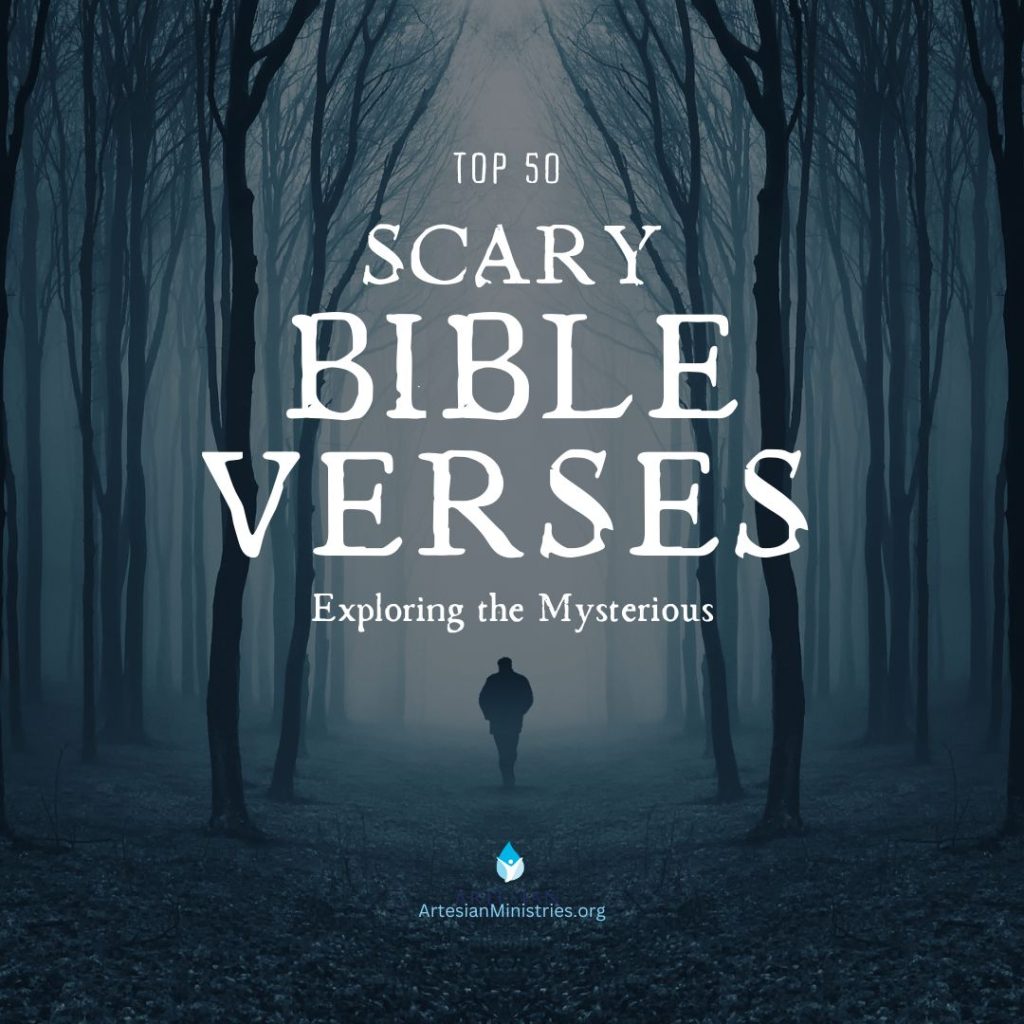
The Interpretation of Biblical Ages
When you first hear about characters living for centuries in the Bible, it’s natural to wonder about the accuracy or meaning of those figures. The question of how reliable these ages are becomes a fascinating conversation about ancient texts, traditions, and how stories were passed along.
This section explores how people have tried to interpret average life expectancy over time. Did people suppose these men of renown embodied the likeness of God? What does our shorter lifespan indicate versus the longer lifespans of biblical days?
Literal vs. Symbolic Interpretations
Some readers take Noah’s age as a literal number, believing he actually lived 950 physical years thanks to different pre-flood conditions. Others see it symbolically, interpreting the long lifespan as a sign of divine blessing or spiritual significance.
This symbolic reading fits within the broader biblical tradition of using numbers for meaning rather than strict fact.
Both views try to make sense of extraordinary numbers, and each offers insight into how people of faith and scholars have wrestled with these puzzling records. Neither interpretation diminishes Noah’s importance but broadens our appreciation of the texts.
Related: Jacob and Esau: Polar Opposite Twins in the Bible
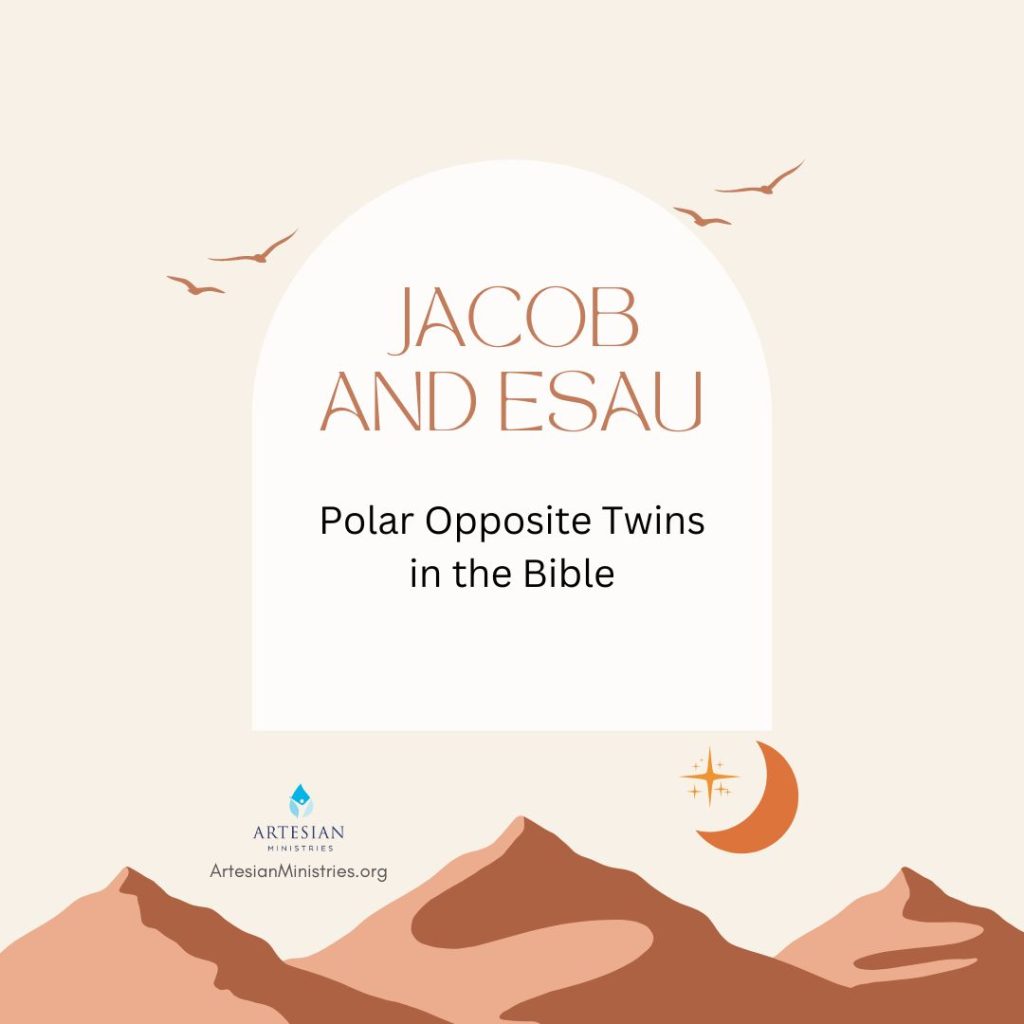
Ancient Cultural Perspectives on Age
In many ancient cultures, long lifespans were associated with heroes, gods, or semi-divine figures, and this includes early biblical times. Numbers like 950 years might have been a way to express honor or exceptional status rather than a straightforward lifespan. The culture surrounding the Bible was definitely comfortable with large numbers carrying symbolic power.
This perspective helps explain why such ages are found in Genesis and related texts; they communicate greatness and antiquity more than precise historical data. Thinking about how ancient people viewed age invites a richer reading of the stories.
Modern Scholarly Views
Today’s biblical scholars often approach these ages with a mix of respect for tradition and critical analysis.
Many agree that the extended ages in Genesis serve theological or literary purposes, rather than literal demographic history. Some suggest the numbers might have connections to calendrical systems or storytelling conventions specific to ancient Near Eastern cultures.
Noah’s age becomes a key piece in understanding the genre and style of early biblical writing rather than a purely factual report. This viewpoint helps modern readers engage with the Bible thoughtfully without needing to resolve every ancient mystery.
Related: Nimrod in the Bible – Who Was He and How Did He Die?
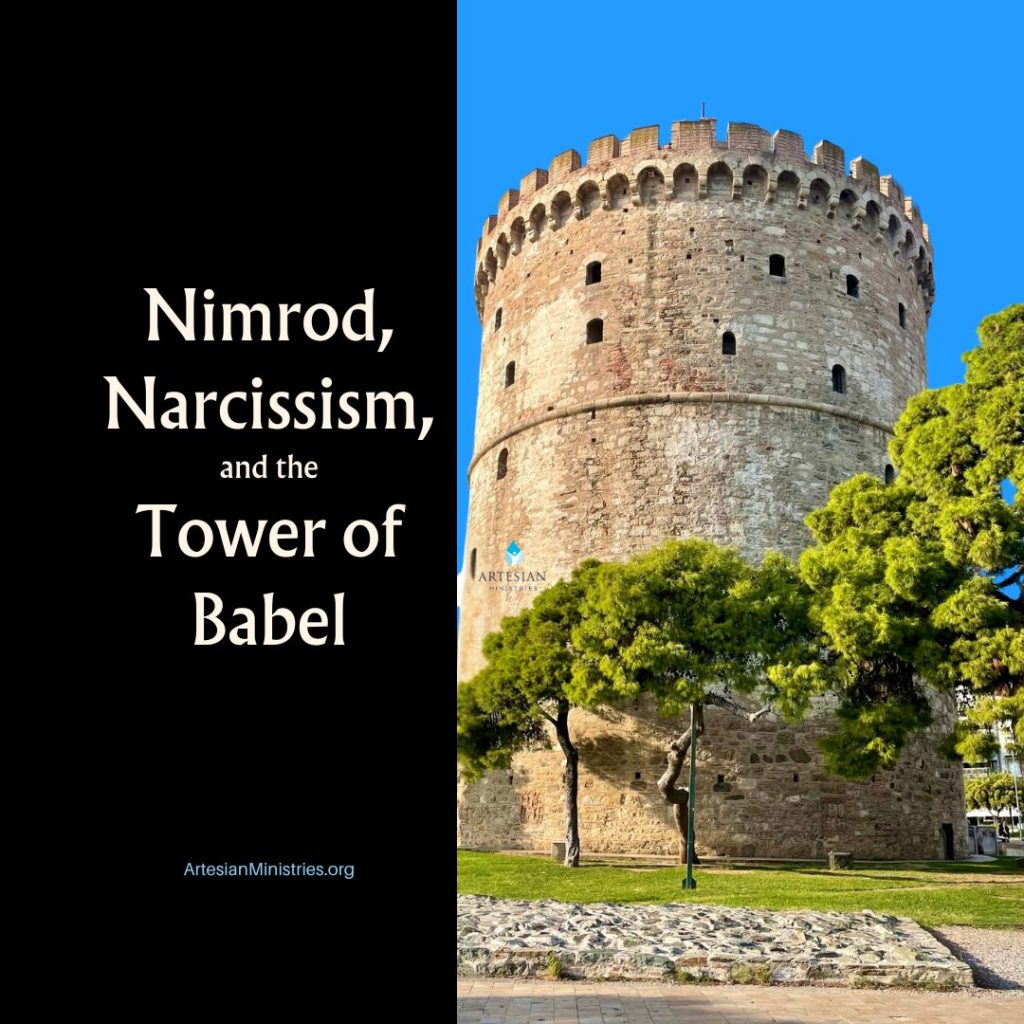
Historical and Cultural Context Surrounding Noah
Understanding Noah’s age is easier when you place it within the larger historical and cultural background of the time.
The Bible reflects the worldview and storytelling styles of ancient communities, which shaped these accounts into meaningful lessons and records. This key area explores the wider scene to help highlight why Noah’s long life mattered so much.
Pre-Flood World Conditions
Many biblical interpreters suggest that before the flood, conditions on Earth were different—perhaps more life-sustaining or less harsh—which may explain the increased longevity figures. This idea isn’t just about longevity but sets the stage for a “golden age” before disaster changed everything.
Seeing Noah’s lifespan this way roots the number in an ancient worldview where conditions affected human longevity.
Pre-flood conditions serve as a backdrop for understanding the narrative and the significance of Noah within it. His life spans these pivotal moments, marking tremendous change. The year of the flood marked the judgment of God upon humanity’s wickedness in that era.
Related: What is the Biblical Meaning of Restore and Renew?
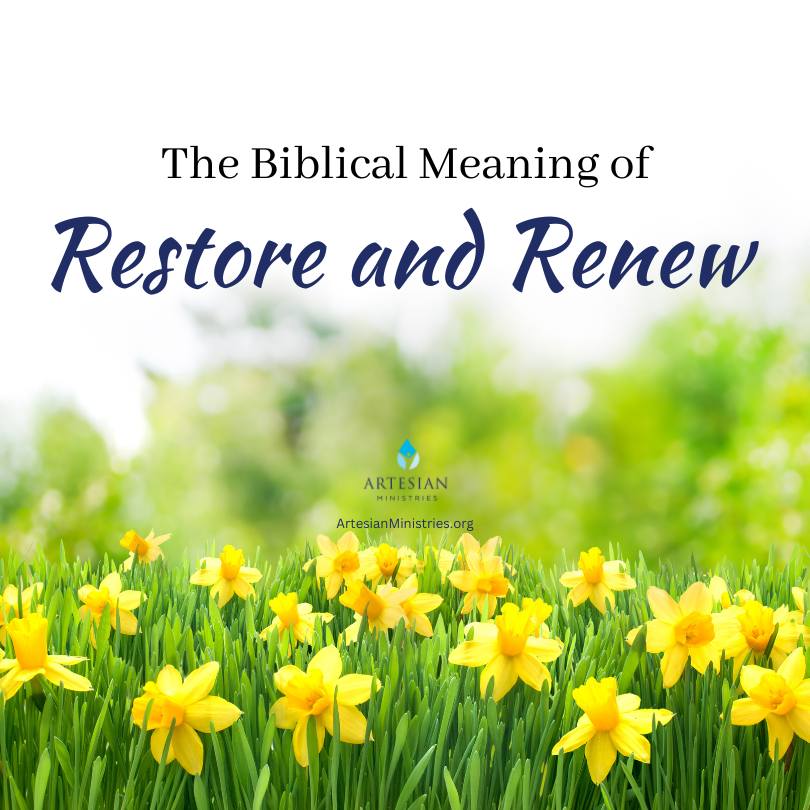
Cultural Importance of Lineage and Legacy
Noah’s age also underscores the importance of lineage in biblical culture. Genealogy was a crucial aspect of identity and authority, so recording exactly how long each figure lived cemented their place in history and divine plan.
Noah features prominently because his descendants repopulate the Earth, making him a foundational figure. That means you and I can trace our lineage directly back to Noah or his sons.
This longevity and connection to lineage tell a story about continuity and survival that resonated deeply with the ancient Israelites, compiling their traditions.
The Flood Story and Its Impact
According to the Book of Genesis, Noah was the father of Shem, Ham, and Japheth. In the hundredth year of Noah, God commanded Noah to build an ark. God told him the end of mankind was coming (Genesis 6:13-21). The height, width, and length of the ark had to be large enough to sustain Noah and his family.
When God sent the great flood, He preserved Noah, his wife, Noah’s sons, and their wives. In Genesis chapter 7, the waters of the flood destroyed every living creature from the face of the Earth at the time of Noah. The breath of life was taken from all human beings except eight people on the ark and the pairs of all clean animals on board.
The end of all flesh apart from Noah and his family was God’s plan to hit the reset button on mankind because the sin was so great (Genesis 6:5-7). Why did God preserve Noah? “Noah was a righteous man, blameless in his generation. Noah walked with God” (Genesis 6:9).
Then God stopped the rain and made dry land appear again. As a sign of the covenant between God and Noah, God gave them a rainbow. This represented God’s everlasting covenant that He would never destroy the world in that way again. We still see rainbows today after rain.
Related: What is the Spiritual Meaning of Rain in the Bible?
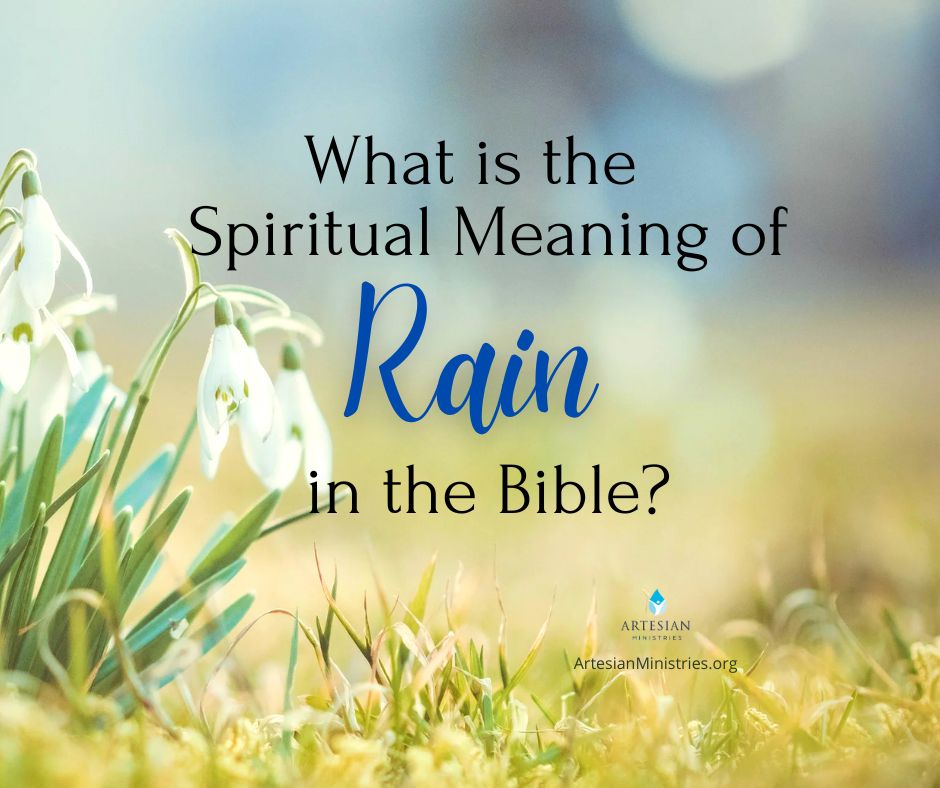
Comparison to Other Ancient Near Eastern Texts
Interestingly, other ancient Near Eastern cultures have flood stories and genealogies with similarly long lives or legendary figures. This shows that Noah’s age belongs to a broader literary and cultural tradition. Comparing these stories points to shared narrative themes about divine judgment, human survival, and rebirth.
Seeing Noah’s lifespan amid these traditions invites appreciation for the Bible both as a religious text and as part of ancient storytelling heritage.
Symbolism in Biblical Numerology
Numbers in the Bible often carry more meaning than their mathematical value. The number 950 doesn’t just mark years; it might symbolize completeness or divine favor. Numerology was a way to encode lessons, making Noah’s age part of a bigger message about God’s relationship with humanity.
Understanding this symbolism enriches our reading of Noah’s story beyond just the literal numbers.
Related: What Does the Number 8 Mean in the Bible?
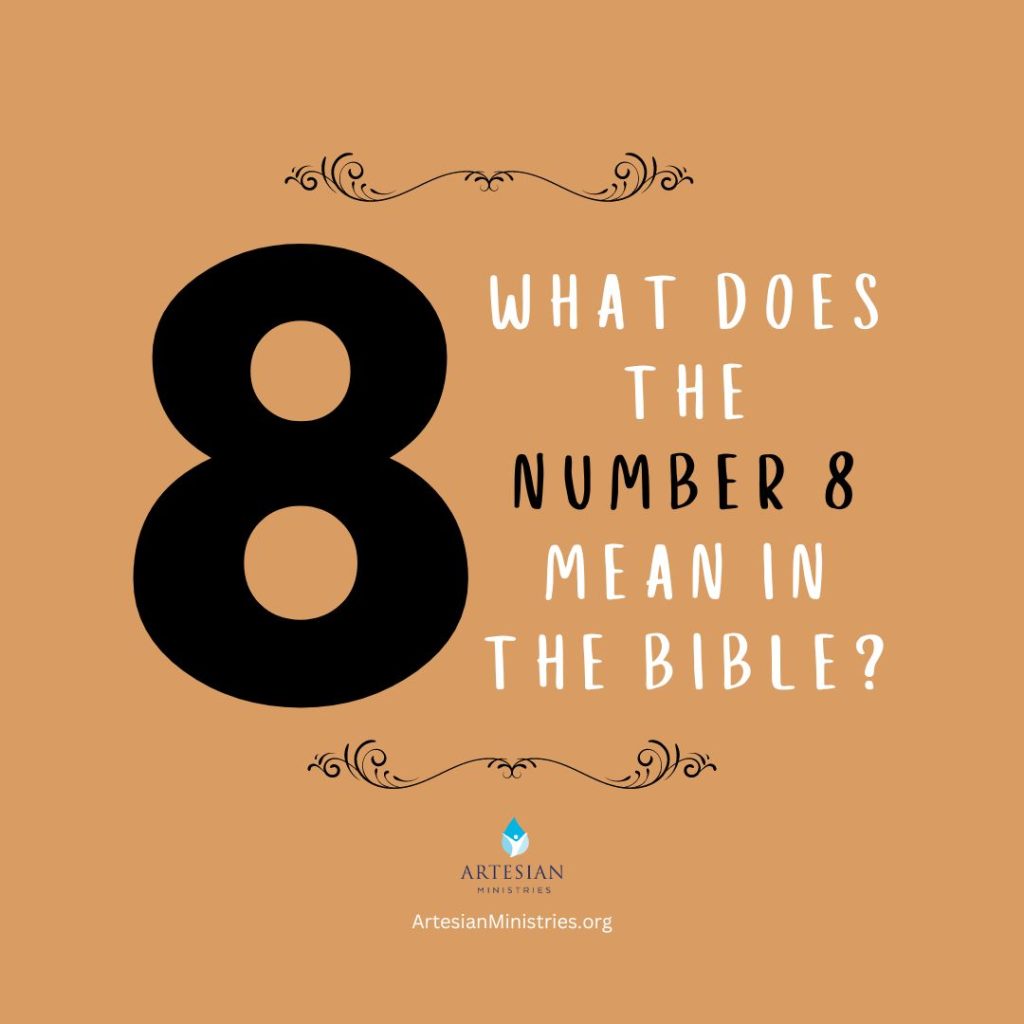
What Noah’s Age Teaches Us Today
Although 950 years sounds almost mythical, there are meaningful lessons for modern readers wrapped up in this detail. Noah’s age is more than trivia—it’s a doorway to thinking about time, legacy, and faith. How can his long life inspire and encourage reflection today?
Patience and Endurance
One inspiring takeaway from Noah’s lengthy life is the patience and endurance it suggests. Imagine living through such vast stretches of time, witnessing dramatic events and persevering. His story encourages us to think about how persistence and faith over many years shape outcomes and legacies.
If things feel overwhelming or slow in your life, Noah’s timeline reminds us that long journeys can have rewarding ends.
Related: What is the Longest Psalm in the Bible?
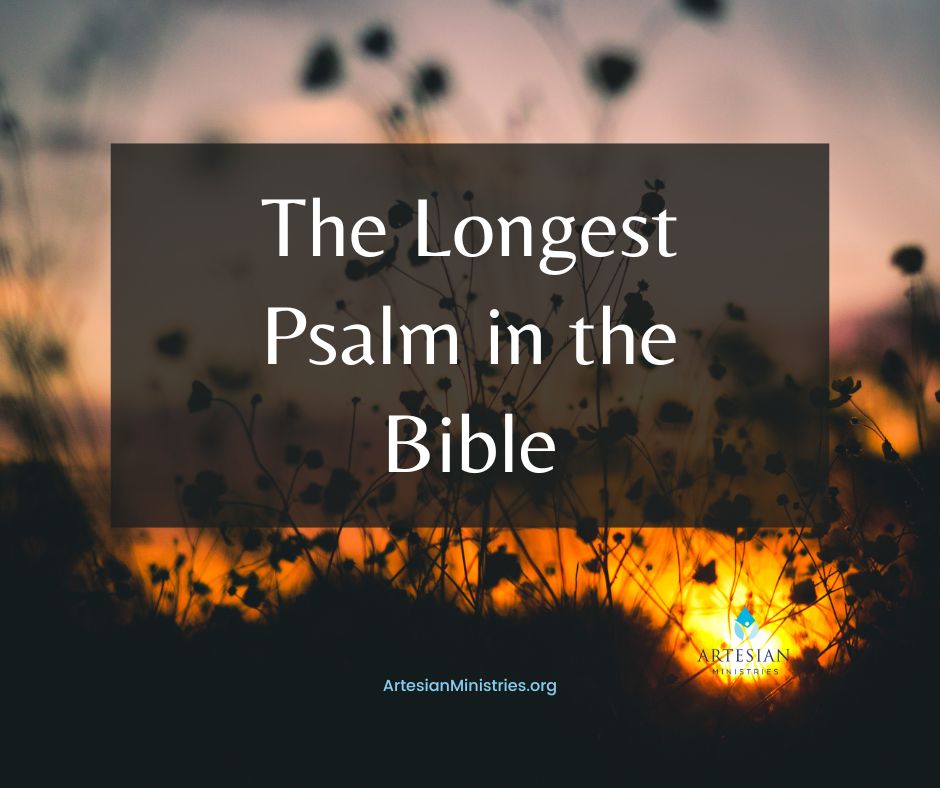
Connecting Past and Future Generations
Noah’s age helps us connect with history and future generations through storytelling. It acts as a bridge across thousands of years, giving perspective on where we come from. His story encourages us to honor those who came before us and think about what kind of legacy we want to leave behind.
Reflecting on such a long life can motivate us to cherish the family and community links that shape our identities.
The Role of Faith in Life’s Journey
Throughout his extraordinary lifespan, Noah remained faithful and obedient, despite challenges. His longevity highlights that faith is not about quick fixes but ongoing commitment. This idea resonates today as a reminder that faith and trust often grow through long, sometimes difficult experiences.
Noah illustrates how steadfast belief can carry one through even the most transformative life changes.
Related: Characteristics and Faith of Abraham in the Bible
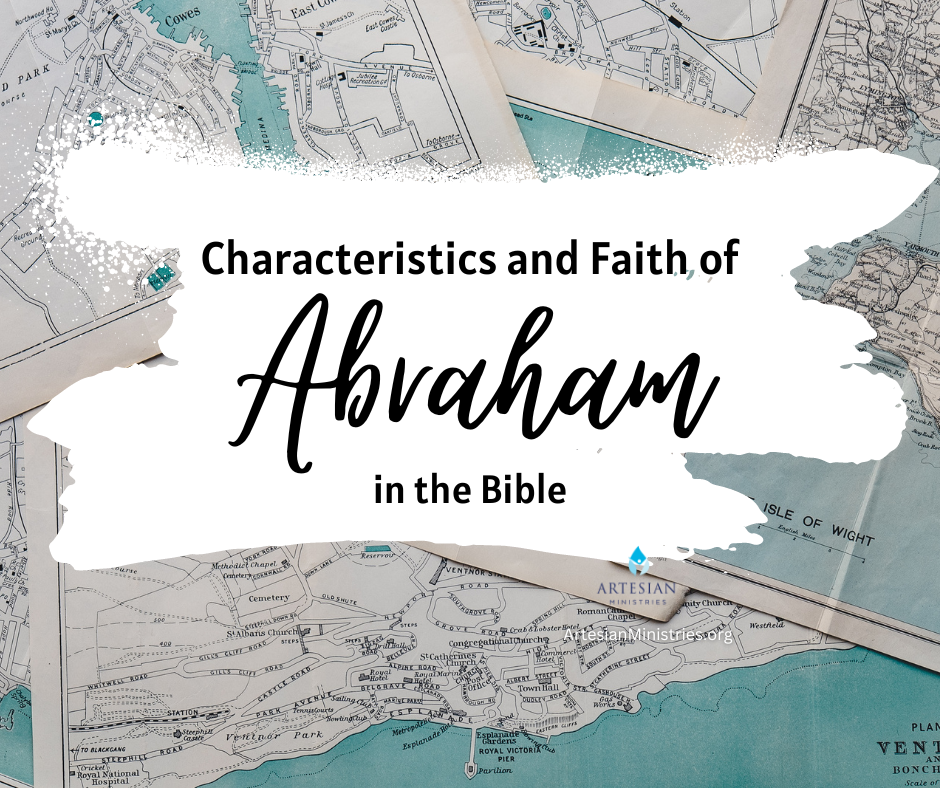
Understanding Time Differently
Noah’s age pushes us to consider time from a fresh angle. Modern life values speed and instant results, but biblical lifespans suggest a deep relationship with time—slow, unfolding, and meaningful. This invites a more reflective, patient view of life’s pace and purposes.
Looking at time this way might help us slow down and appreciate the journey more fully.
Embracing Mystery and Wonder
Finally, Noah’s lifespan reminds us that some parts of ancient stories hold mystery, inviting wonder rather than certainty. Embracing the mystery can be freeing, encouraging curiosity and open-mindedness about the spiritual and historical dimensions of biblical stories.
It’s okay not to have all the answers about figures like Noah—instead, we can enjoy the richness of the questions themselves.
Related: Praying Mantis in the Bible: Symbolism and Meaning
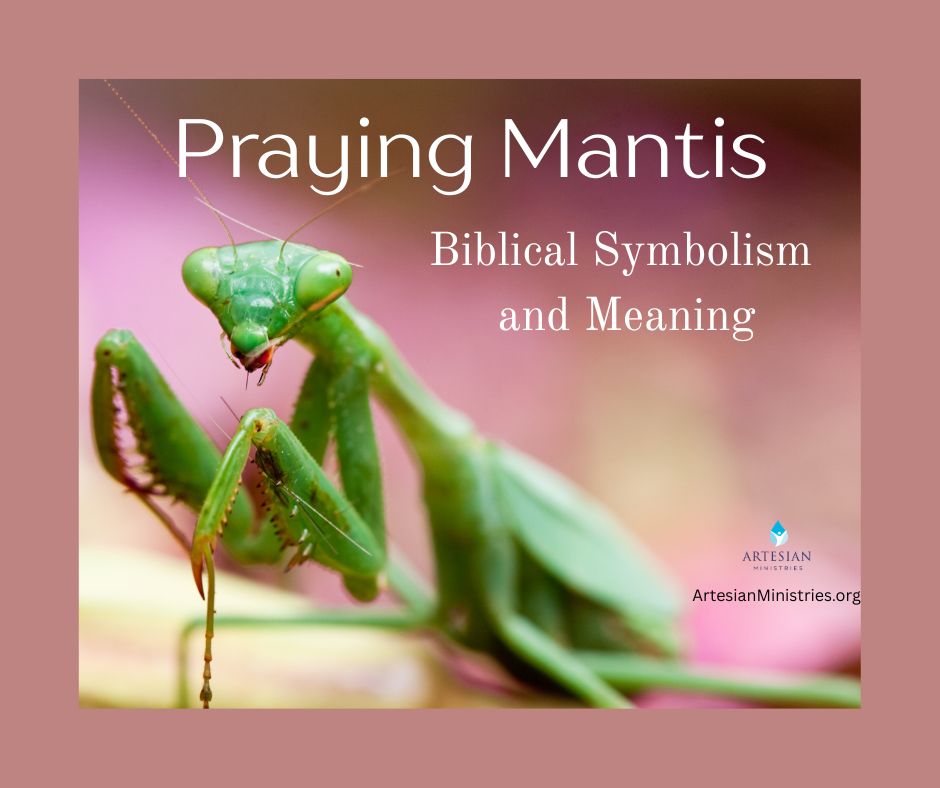
How Noah’s Age Fits Within Biblical Genealogies
Noah’s 950 years is not an isolated fact but part of a larger genealogy that frames the early chapters of Genesis.
These lineages showcase God’s unfolding plan and highlight important transitions. In this section, we’ll explore how Noah fits into these family trees and what his age means within that big picture.
Noah’s Place in the Lineage from Adam
Noah is the tenth generation from Adam, a key figure in the genealogy linking creation to the post-flood world. His long life marks a climax in this lineage, emphasizing both continuity and a turning point. The Bible traces these generations carefully, connecting stories through names and ages.
By understanding Noah’s place in this line, readers can see how the Bible connects history, theology, and family in one cohesive narrative.
Genealogical Significance of Noah’s Descendants
Noah’s children—Shem, Ham, and Japheth—are foundational to many nations and peoples described later in the Bible. His oldest son Shem
Noah’s age symbolizes a kind of ancestral fountainhead for many subsequent biblical stories. The timeline of Noah provides a temporal reference for when humanity’s reset occurs after the flood.
This aspect adds layers to why knowing Noah’s age is more than trivia; it’s part of understanding biblical origins.
Related: Powerful Bible Verses for Sharing Your Testimony

The Role of Lifespans in Establishing Biblical Timelines
A major function of the recorded ages, including Noah’s, is to help readers create a timeline of early biblical history. These numbers served as ancient ways to reckon time, organize stories, and show the flow of generations. Noah’s 950-year life anchors one of the most significant epochs in this chronology.
This method helped ancient and later readers relate events across vast timespans, shaping their worldview and faith.
Connecting Genealogy to God’s Covenant
Noah’s lifespan is also linked to God’s covenant after the flood, which is vital to the Bible’s message of faithfulness and promise. His long life witnesses this covenant, showing God’s continuing involvement with humanity. Understanding the genealogy and the age together highlights the relationship between divine promise and human history.
Noah’s age, in this light, becomes a testament to hope and renewal.
Related: The Biblical Meaning of Rainbows and Double Rainbows
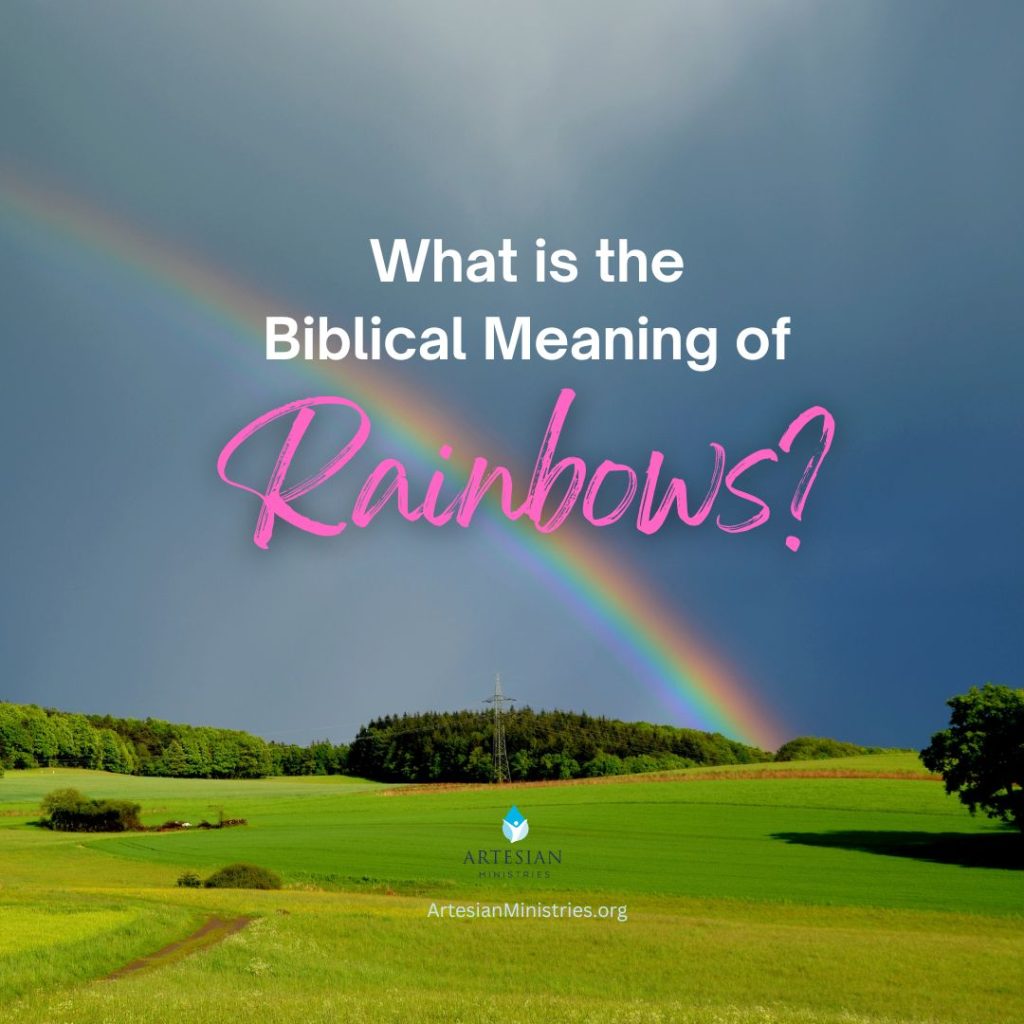
Genealogies as a Bridge Between Narratives
Finally, Noah’s age fits within genealogies that serve as narrative bridges, moving the story from creation through disaster to restoration. These family trees thread together major biblical themes of judgment, mercy, and new beginnings. They help readers see the Bible’s storyline as a connected whole.
Noah’s remarkable lifespan is one of the key links in this grand biblical tapestry.
Key Takeaways
- Noah lived for 950 years, according to the Bible.
- His age emphasizes the unique timeline of early biblical figures.
- Understanding Noah’s age requires looking at the cultural and historical context.
- The long lifespans in the Bible often symbolize more than just physical years.
- Noah’s death marks the end of a remarkable and foundational biblical era.
Bottom Line
Noah’s age of 950 years is a fascinating, multi-layered detail that enriches our understanding of biblical narratives. Whether seen as literal, symbolic, or something in between, it opens up a space to explore history, theology, and human experience through a fresh lens.
Reflecting on this number invites us to appreciate the depth and wonder inherent in these ancient stories.
Related Posts:
- Best Bible Reading Plans
- Warriors in the Bible: 13 Essential Life Lessons to Learn
- 50 Motivational Bible Verses About Aging Gracefully
About the Author
Donna is a sought-after speaker, multi-published author, and Bible teacher. Her path from unchurched to becoming passionate about sharing Jesus was difficult. Read about her God-breathed journey: “From Unchurched to Becoming a Multi-Published Author and Sought-After Speaker.” If you want to send Donna a quick message, visit her here.

{Some of these links are affiliate links. If you purchase through that link, the ministry may receive a small commission at no extra cost to you.}
